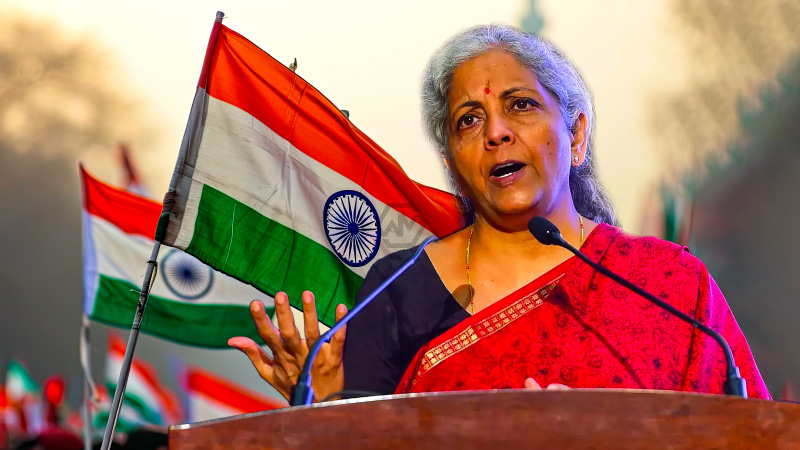- Stakeholders seek increased investment in skill development and digital infrastructure.
- Calls for reduced GST on book printing to lower input costs.
- Emphasis on boosting research and innovation funding to enhance global competitiveness.
As the Union Finance Ministry prepares to unveil the budget for 2024-25, stakeholders in the education sector are vocal about their expectations. Key demands include a significant boost in funding for skill development initiatives and digital infrastructure to improve access to quality education.
Additionally, there is a plea to lower the GST on book printing, aiming to reduce costs associated with educational materials. Another critical focus is on enhancing research and innovation funding to elevate India’s global standing in scientific research and technological advancements.
Budget 2024: Prioritizing Education and Research for India’s Future
With the Union Budget 2024 around the corner, the education sector anticipates substantial reforms and investments. Stakeholders stress the urgency of increasing budgetary allocations for research and development, aiming to bridge the gap between India’s scientific potential and its innovation output. Calls for initiatives to strengthen academia-industry collaborations are also prominent, emphasizing the role of the National Research Foundation in fostering innovation ecosystems. Simultaneously, there is a push for improving domestic educational standards to retain talent and reduce the exodus of Indian students studying abroad.
In parallel, demands for digital transformation in education highlight the need for accessible and affordable educational resources tailored to diverse needs. This includes advocating for better infrastructure and digital literacy among educators to enhance pedagogical practices in line with the National Education Policy.
As India navigates through the complexities of economic recovery and sustainable growth, the Union Budget 2024 presents a pivotal opportunity to prioritize investments in education and research. Addressing these critical areas not only supports immediate educational needs but also lays a robust foundation for long-term socio-economic development and global competitiveness.
“Supplemental investment will be instrumental in further pushing this sector forward… Upskilling and professional development of faculty and school leaders are imperative.” – Arun Rajamani, Managing Director, Cambridge University Press and Assessment



